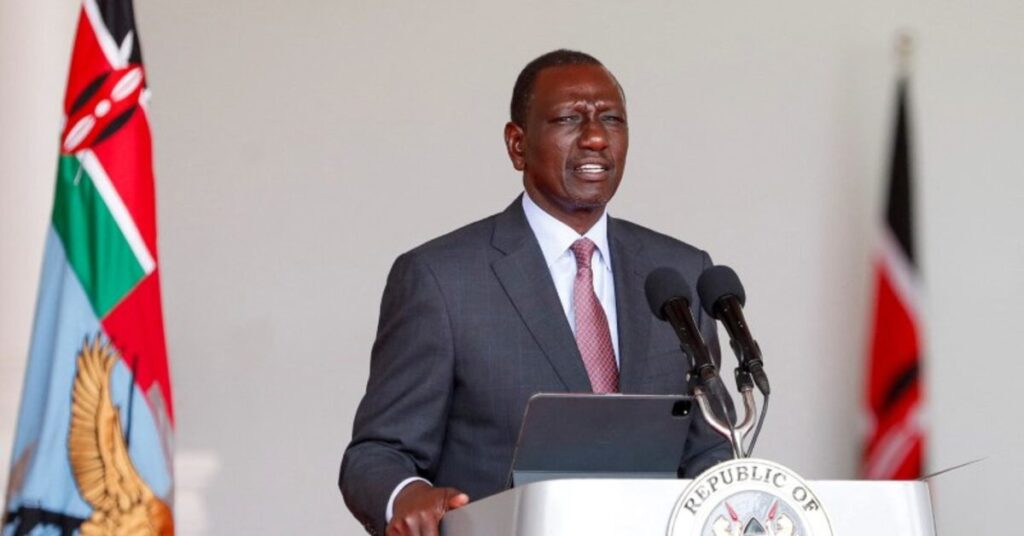President William Ruto’s move to establish a panel of experts to oversee compensation for victims of recent protests has stirred sharp divisions among political leaders, legal minds, and civil society.
The 18-member panel, gazetted on August 25, will be chaired by Ruto’s senior constitutional affairs adviser Prof. Makau Mutua, with Law Society of Kenya (LSK) president Faith Odhiambo as vice chair. Other members include former Solicitor General Kennedy Ogeto, Amnesty International–Kenya executive director Irũngũ Houghton, and several legal and civil society figures. The team is tasked with implementing Ruto’s August 8 proclamation announcing a framework for victim compensation.
However, critics question both the legality and sincerity of the initiative. Former Deputy President Rigathi Gachagua dismissed it as a public relations move aimed at appeasing the international community ahead of the UN General Assembly, citing global concerns over extrajudicial killings in Kenya.
“We accept it is good to compensate people, but that should be the tail end,” Gachagua said. “First, the President must admit there were extrajudicial killings and apologise to the nation.”
Former Mukurweini MP Kabando wa Kabando echoed distrust in Ruto’s motives, while constitutional lawyer Waikwea Wanyoike termed the process unconstitutional, warning that accountability cannot be compromised for political expediency.
Former LSK president Eric Theuri raised concerns over the absence of a legal framework for compensation, predicting legal challenges in identifying victims, perpetrators, and in cases where court judgments already exist against the state.
Lawyer Miguna Miguna called the initiative a cover-up and urged Odhiambo to reject participation, arguing that justice can only come through an independent judicial inquiry. Similarly, Prof. Migai Aketch argued that the Constitution does not empower the President to unilaterally create such panels, stressing that Parliament must be involved given the expenditure of public funds.
Still, the initiative has received cautious support from sections of civil society. Amnesty International welcomed Houghton’s inclusion, noting his role remains advisory and independent. Activist Hussein Khalid also backed the move, stressing that compensation must be accompanied by guarantees of justice and non-recurrence.
The debate highlights the tension between demands for immediate reparations and calls for constitutional accountability, leaving the panel’s fate uncertain.

